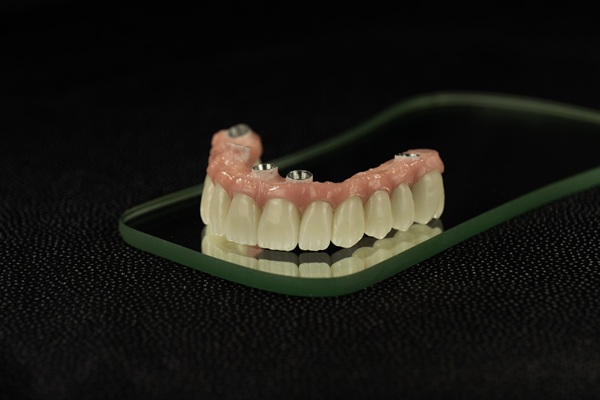General Dentistry Tip: When You Should Be Concerned About Halitosis

Halitosis is the general dentistry term for chronic bad breath, which means it is constant and does not go away. Although it may be surprising, a lot of people struggle with halitosis every single day. Thankfully, in general dentistry, there are a lot of ways to manage and treat the condition.
Halitosis in general dentistry
Below is an overview of what a general dentist has to say about halitosis, including warning signs and when to be concerned. This information is important to review as everyone struggles with bad breath from time to time.
Warning signs and when to be concerned
Halitosis shows itself very easily as it is not hard to notice. Outlined below are some of the warning signs that a general dentist says to look out for.
- If the breath is still bad even after oral hygiene
- Upon waking up, if the breath is extremely odorous
- When the breath does not change after using mouth wash
As surprising as it is, halitosis is actually hard to notice. A lot of people that struggle with bad breath do not actually realize that they struggle with it. Unfortunately, other people may notice it before the actual person does, which can be hard to deal with. However, general dentists can help!
Treatment in general dentistry
Halitosis is treated in different ways depending on the patient, as there are a few factors that determine what type of treatment is necessary. The most common way that halitosis is treated is through prescription mouthwash. However, general dentists will also recommend the following:
- Diet changes, as certain foods can enhance odors in the mouth. Foods such as fish, onions, and garlic should be avoided at all costs
- Brushing and flossing twice a day or after every meal to rid the mouth of any food debris
- Rinsing the oral cavity with mouthwash or saltwater. Saltwater is a natural disinfectant that can be used multiple times a day
- Having the nasal cavity checked for an infection. Sinus infections can lead to drips in the throat, which can travel up through the oral cavity
- Changing toothbrushes frequently, even as often as once a month. Toothbrushes hold bacteria, which can cause bad breath
In the event that the recommendations that are listed above do not help with the halitosis, it is important to go back to the general dentist for another visit. A deeper evaluation of the halitosis and treatment plan can be performed, which will help determine what steps to take next.
Find out more today
When it comes to halitosis, it is always good to consult with a general dentist. Any warnings signs can be checked out by the dentist, which can then lead to a diagnosis and treatment plan. Additionally, if any questions or concerns about halitosis or what is involved in treatment need to be addressed, the general dentist can help. To learn more or to get scheduled for an appointment, reach out today.
Request an appointment here: https://www.rscottsmithdds.com or call R. Scott Smith DDS at (714) 771-3111 for an appointment in our Orange office.
Check out what others are saying about our dental services on Yelp: General Dentist in Orange, CA.
Recent Posts
Not flossing regularly can increase the risk of developing oral health concerns, such as dental cavities and periodontal disease, so a general dentist encourages patients to floss several times a day and stick to a consistent oral care schedule to reduce the risk of oral health complications in the future. Flossing is essential to good oral…
Your first visit to a new dental office can be a time of great anxiety, especially since you do not know what to expect. The good news is that going to a new dentist is simple, and by understanding what the first visit will entail, you can make sure you are prepared. The dentist will…
You are not alone if you are wondering how often you should have a dental exam. Many people wonder whether these need to happen every six months or less often than that. You need to have a regular dental exam to see that issues are treated before worsening. Keep reading to find out more about…
For patients missing most or all of their teeth, implant-supported dentures provide a stable, natural-looking way to restore a full smile. This approach anchors a custom denture to dental implants placed in the jawbone for improved support. Within this category, patients often choose between fixed and removable designs. Understanding how each option works helps patients…


